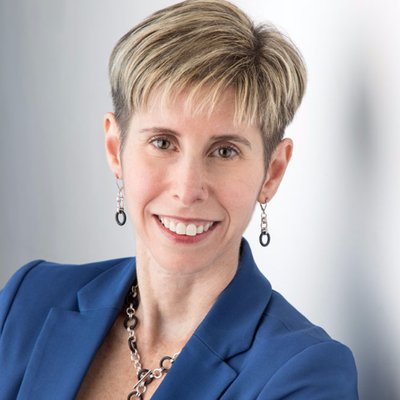One Saturday afternoon in September 2013, thousands of people marched through the streets of Montreal to protest racism – and Emilie Nicolas was among those leading the charge. The Montrealer had helped organize the action in response to the then-ruling Parti Québécois’ proposed Charter of Values, which would have, among other things, banned public sector employees from wearing religious symbols – a move viewed by many Quebecers as discriminating against minorities.
Nicolas, who is a PhD candidate in the department of anthropology, worried how the charter might affect her female Muslim friends who wear head coverings for religious reasons. After the protest, she joined with other concerned Quebecers to form Québec Inclusif, a non-profit, non-partisan group promoting an inclusive society. The group’s advocacy made media headlines and helped sway public debate about the controversial bill, which eventually died in Quebec’s spring 2014 election.
“It used to be taboo to talk about racism in Quebec, but I think the movement helped change that,” says Nicolas, who received a Governor General’s Award for her women’s rights work in Quebec.
Currently a junior fellow at U of T’s Massey College, Nicolas is completing an Action Canada fellowship, which focuses on Canadian public policy and leadership development. She also still volunteers for Québec Inclusif. She sees her future involving a mix of research and activism with a bent toward social justice.
“There is a strong tradition in anthropology of doing work that is impactful to the people you research… that is something that appeals to me,” she says.






